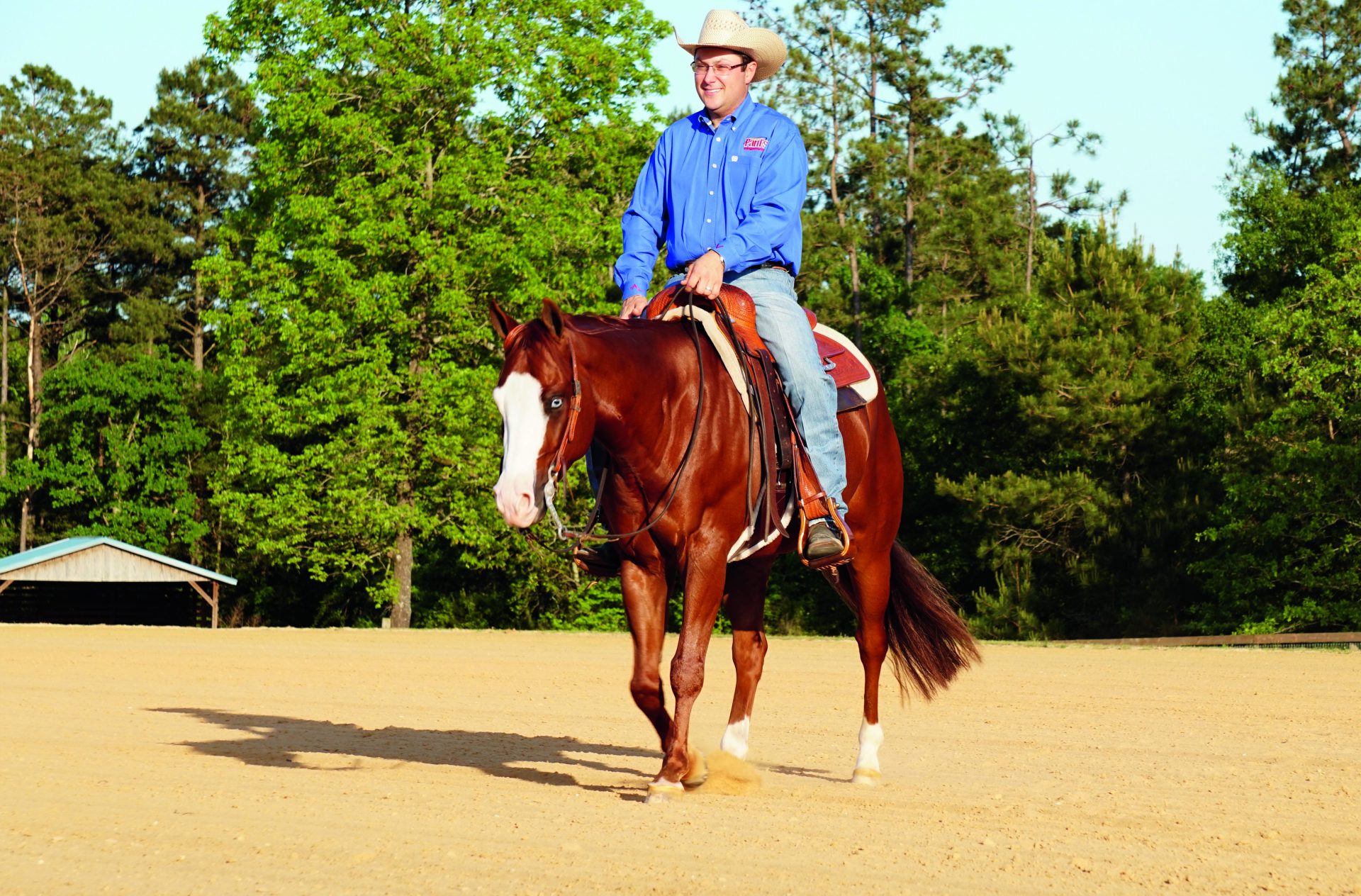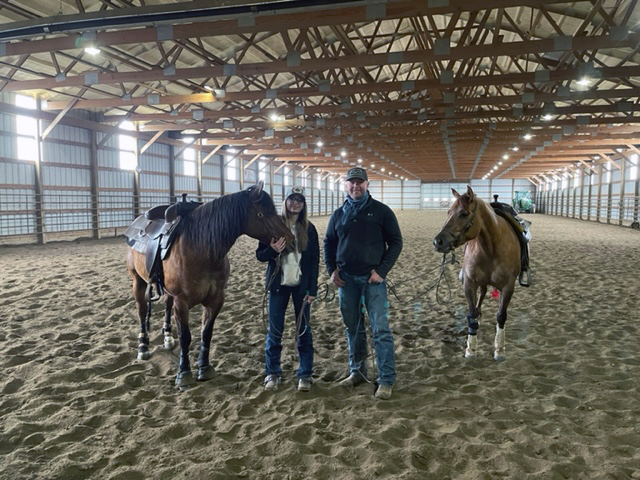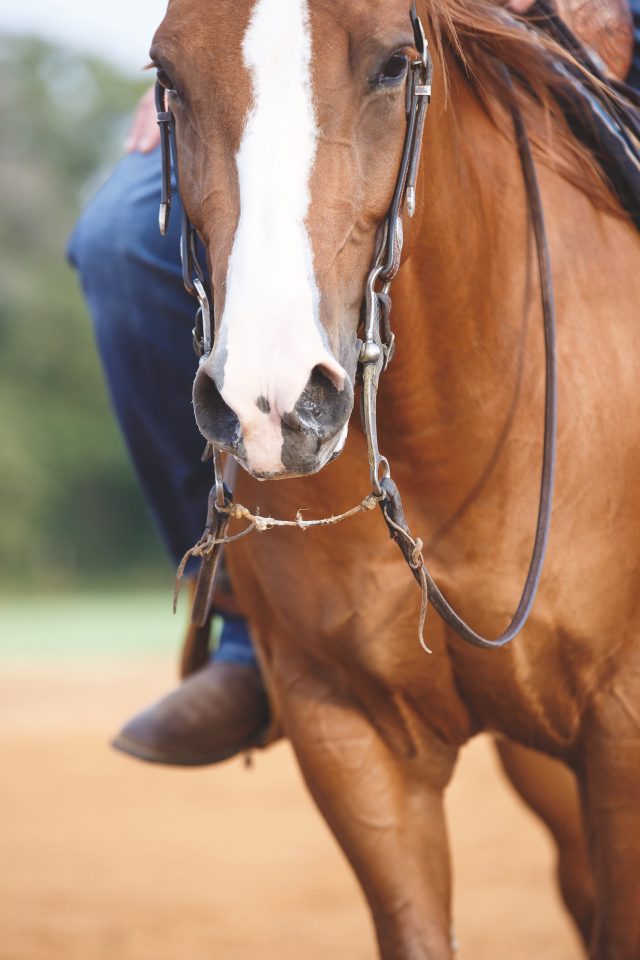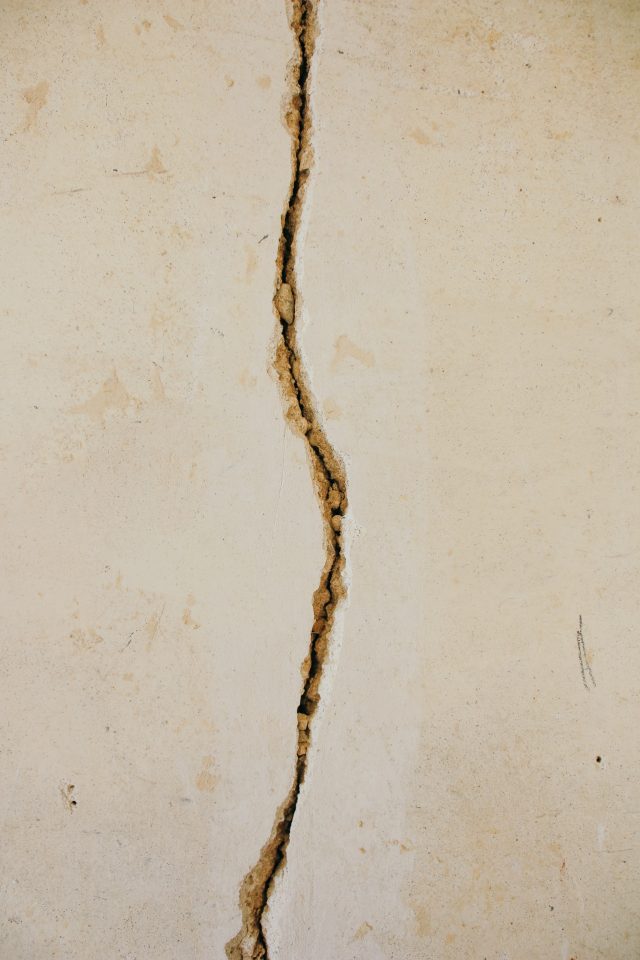Part of being an ethical professional is respecting your horses and your sport.
By Jennifer Paulson

When did your passion for riding horses start? You might not remember an exact moment or event—likely because horses were part of your DNA from birth. Your parents and grandparents raised you around horses and the horse community, and it was such a part of what defines you, that you couldn’t imagine doing anything else professionally. Or maybe your horse connection started from books and TV shows and movies, which led you to beg your parents for riding lessons or to own your own horse, leading to where you are today, as an NRHA Professional.
It doesn’t really matter where your first horse experience happened or how it came about, that connection led you down a path to work with horses day in and day out, through all kinds of storms—those of the literal weather kind, the financial kind, and even those caused by a pandemic.
How you chose reining as your focus could come from many different experiences. Maybe you grew up riding with a 4-H club and reining was an upper-level discipline that caught your attention. Perhaps you came by it naturally, with parents who spun and slid their way to paychecks. Whatever the case, this is your sport. You’re a student of the rules, an artisan of your training craft, and a sage coach for your customers.
Here, four NRHA Professionals discuss how they show respect for their profession, horses, customers, and the sport.
Part 1: A Way of Life, Billy Williams
Part 2: A Commitment to Horsemanship, Kole Price
Part 3: A Change in Focus, Jordan McBurney
Part 4: A Focus on the Horses, Peter DeFreitas
A Focus on the Horses
Peter DeFreitas started showing reining horses at age 10. He also dabbled in classes like Western riding and trail, but his grandfather focused on reiners.
“My grandfather made sure I rode every day and cared for my horses, or I didn’t get to go to the horse show,” DeFreitas recalled. “Without the horse, you don’t have the sport. If you don’t take care of the horse and make sure his well-being comes first, you won’t have an income.”
DeFreitas feels fortunate that his professional career has always been one where he could focus solely on reining horses. He realizes that wasn’t always the case and sees benefits from both situations.
“The guys who built our industry weren’t just reining horse trainers,” he said. “They made a big impact on our industry, but they didn’t get to specialize. They were probably better horsemen because they knew how to train a lot of different horses. I’ve always been able to make a living just training reining horses because horses are now bred and raised specifically for this sport, which has changed a lot about our industry.”
Along with that specialization in one discipline has come specialized and advanced methods of care for these athletes. Thinking back, DeFreitas didn’t have access to the therapeutic modalities of today’s horse care—saltwater spas, Theraplates, specialized veterinary care—but he sees those as developing as the focus on specializing in reining grew.
“I think we ask a lot more of our horses as far as their physicality in the last 20 to 30 years,” he shared. “Along with changing how we care for them, we’ve changed how we train them. It’s much more like training a professional athlete—regimented schedules, time off, building to peak at a show.
“We need to represent reining in a positive fashion,” he continued. “If it goes away, so does our livelihood.”
Read the rest of this article at the links above.



